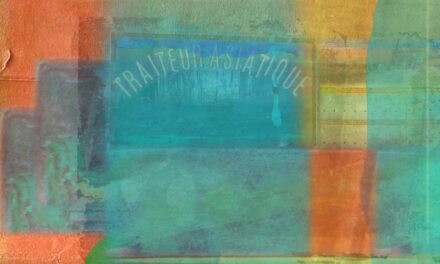Tepesquet Road quietly slipped south off California State Route 166.
The narrow road caught the radiance of the coastal range as it curled up into the Santa Lucia Mountains in gentle swerves.
He drove too quickly.
If he slowed down to question why he came here to build his third house, something he never would have considered, he may have realized he didn’t belong.
He was much too brittle a man, corrupted by arrogance and swept along by the kind of hubris that snatched away his relationship with the land.
He could not breathe its air or see its sky. He was incapable of watching a breeze rustle the oatgrass. Walking across his property, he felt none of its strength or grace.
He bought a parcel and built his place back off the road, rammed up against the edge of the Los Padres National Forest.
At first, his plans were for a modest ranch house. As he began to imagine who he might invite to visit, these collapsed into something less humble. The rustic charm he initially considered never stood a chance. It had been a fanciful notion, the antithesis of his preferred baroque environment.
The architect down in Burbank despised him. She slapped together a clumsy Mediterranean monstrosity with deliberately hidden faults which would someday come to light.
It took some finagling with Santa Barbara County to get a planning permit. Securing the actual building permit proved more difficult.
He judged his decision not to install a helipad as a major concession.
His hubris was inflamed. He grew impatient with local water issues anchored in centuries of history. The more recent chapters covered a seventy-year assault on groundwater so severe the normal flow of Tepesquet Creek was unlikely to ever return.
He couldn’t see the creek from his property so he didn’t care. Efforts to replenish the surrounding groundwater basin were of no concern.
Water restrictions were a personal affront. He groused about bureaucratic overreach, the flawed science faceless officialdom weaponized for intrusions on personal freedom.
Up and down Tepesquet Road, based on what they heard from tradesmen, people quickly formed a less than favorable opinions of their new neighbor.






